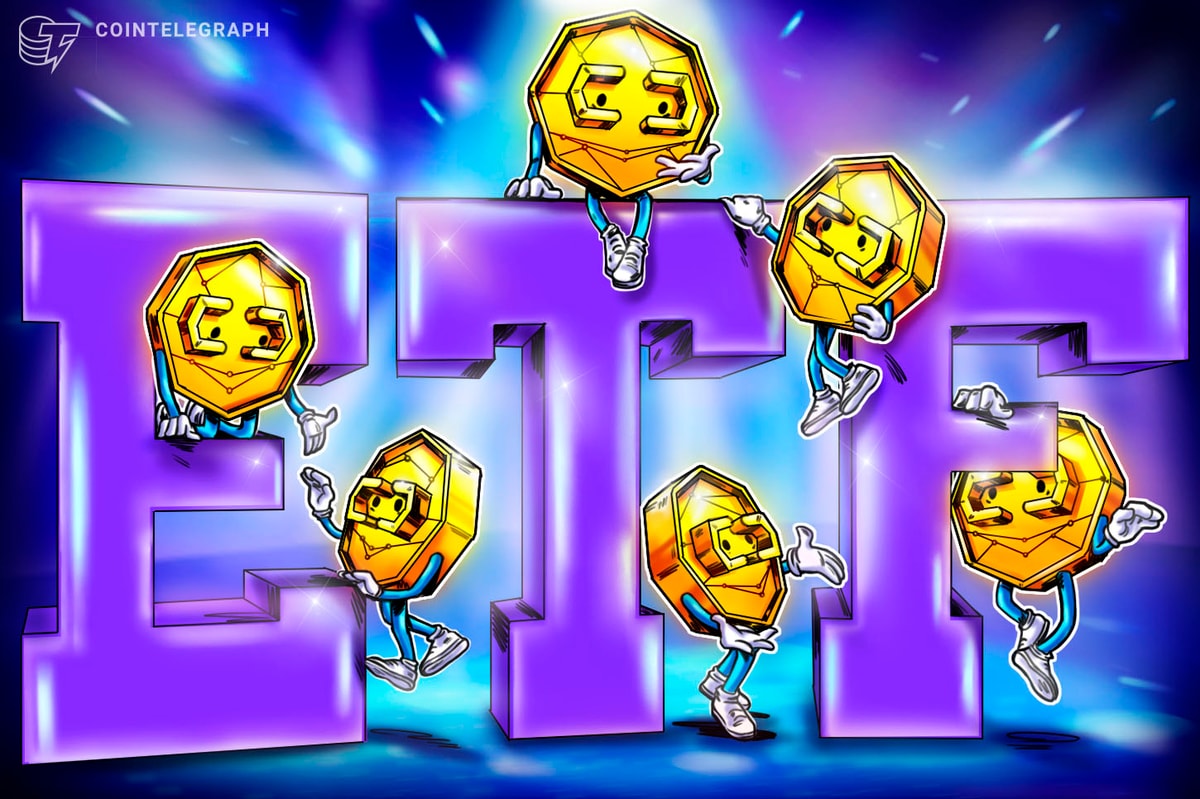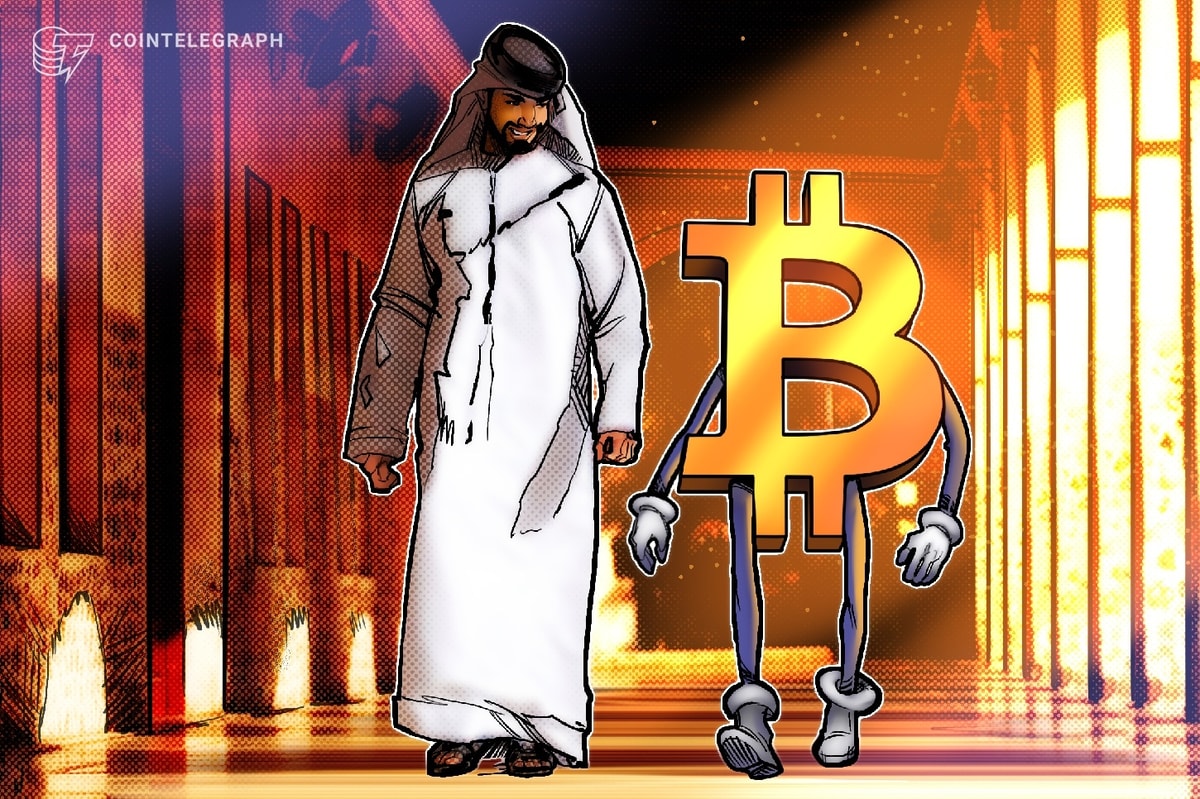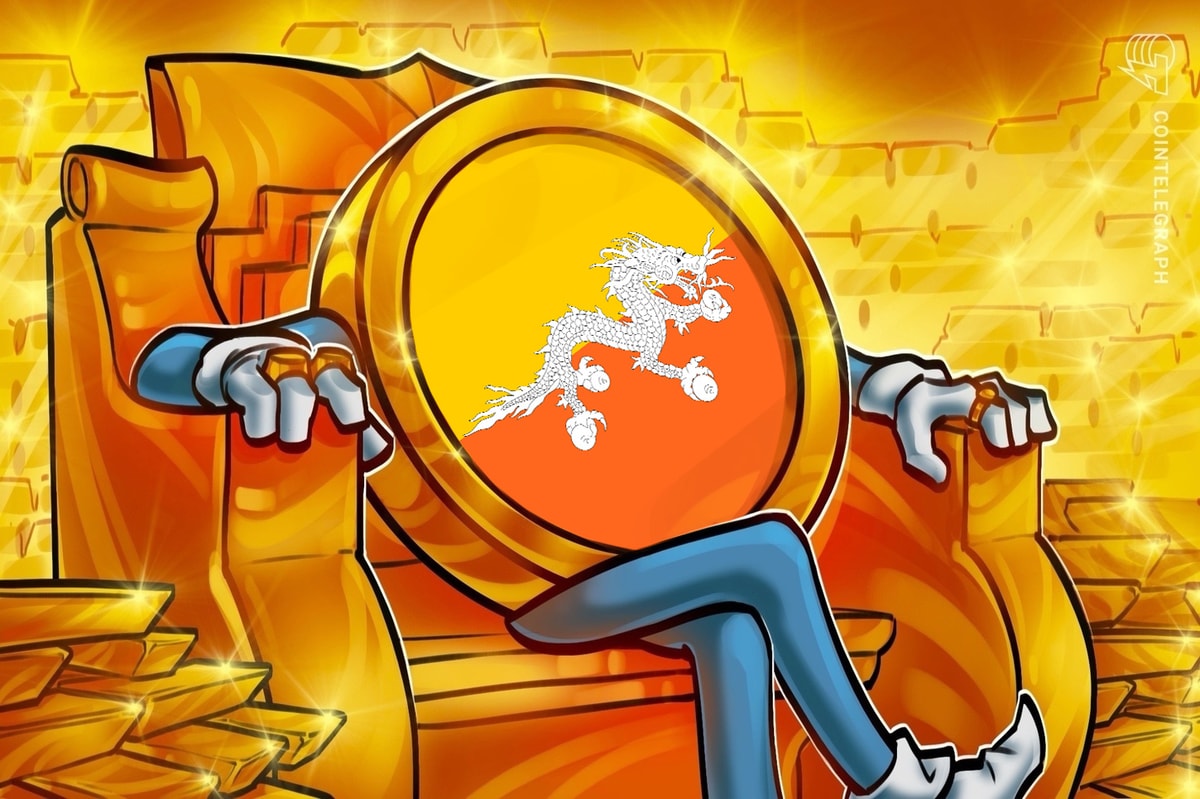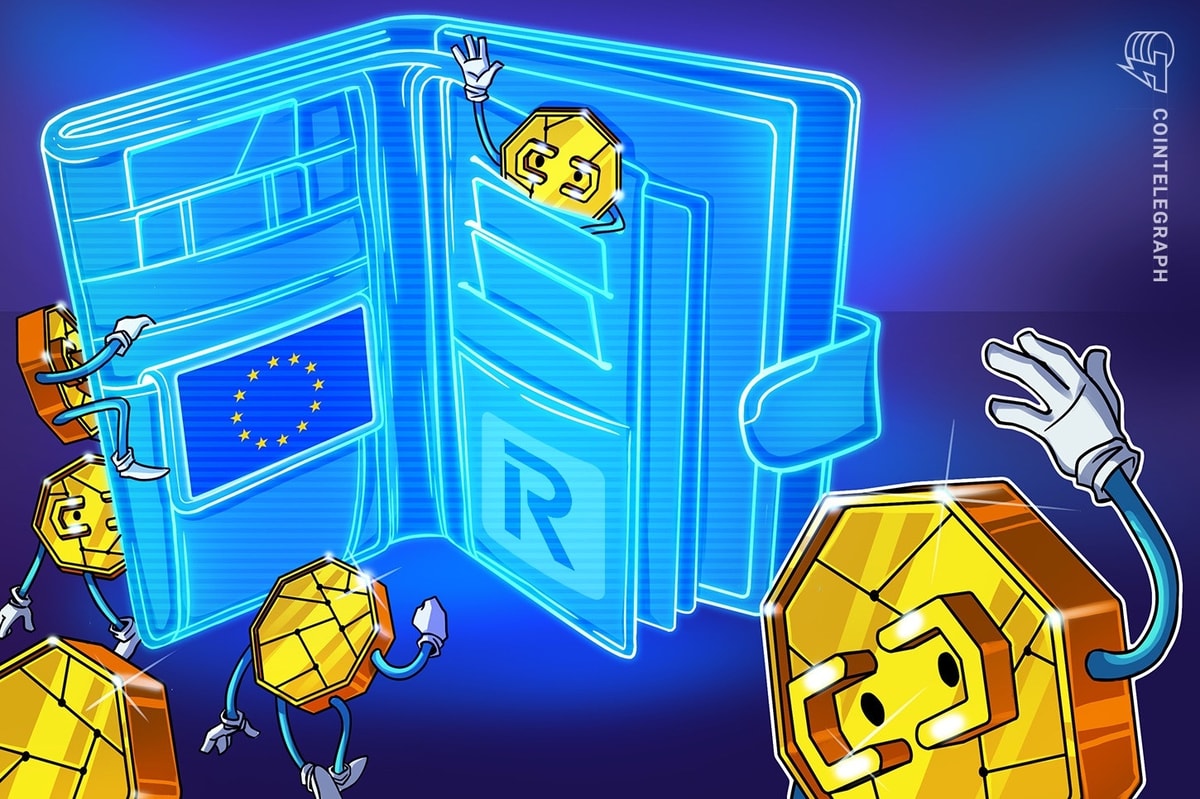The program offers 388 mGNO to each of the first ten validators that runs in a listed country.
News
Gnosis Builders, developer of blockchain network Gnosis Chain, has announced a $5 million project to increase the number and diversity of validators through incentive mechanisms. The new project is called “Gnosis VIP,” according to an April 18 announcement from the company.
As part of the new project, Gnosis is launching a “Geographic Diversity Program” that seeks to increase the number of countries Gnosis Chain validators are located within.
The network currently has over 100,000 validators spread across 60 countries, and the program’s goal is to increase the number of countries to 180 by year’s end, the announcement said.
According to the program’s official webpage, for each of the 90 countries listed, the first ten validators that start operating within them will receive 388 meta Gnosis (worth $1,368.18 at April 12 prices) over the course of six months. Meta Gnosis (mGNO) is the wrapped and staked version of the network’s native coin, Gnosis (GNO). Each mGNO can be redeemed for 1/32 GNO.
The first payment of 38 mGNO ($134) will be disbursed after the first 30 days the node operates. The size of the payment will increase each month, and the last payment at the end of the six months will be for 98 mGNO ($345.57).
Related: 1Inch network expands to Gnosis Chain and Avalanche
In an email statement to Cointelegraph, Gnosis CEO Martin Köppelmann expressed hope that the new program will help to improve both the security and performance of Gnosis Chain:
“A diverse validator set is paramount for a resilient and secure network […] Geographical diversity hedges the network against both natural and jurisdictional disasters [and] can also improve the performance of a network; by having validators located in different parts of the world, transactions can be processed more quickly and efficiently.”
Debates often rage in the crypto community over which networks are the most decentralized, with many experts claiming that a network cannot be scalable, secure, and decentralized at the same time. This conflict in design philosophy is often called the blockchain trilemma.
In his email statement, Köppelmann emphasized that geographical diversity is only one aspect of decentralization, and others are also important to ensure resilience and security.







